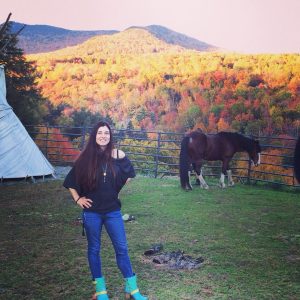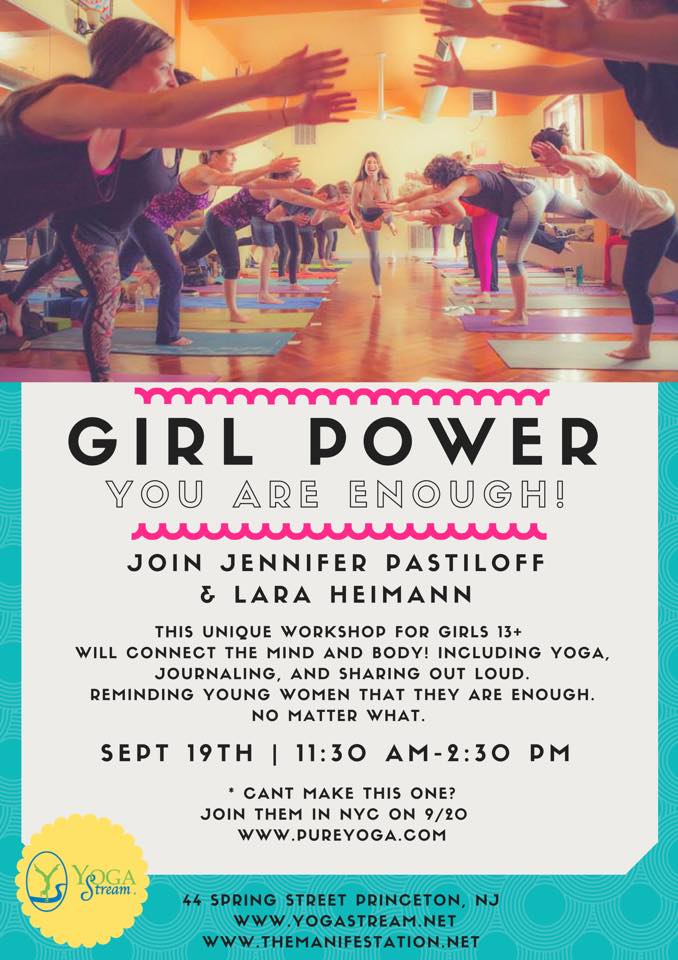By Jessica Zucker
I.
Mourning is hard for her. She’s loathe to sink into the anguish of that time and what it means about the woman who raised her.
Mother.
II.
Rather than feel the grief, she has spent the better part of her life gripping onto hope—an emotional contortionist—thinking that if only she were different than maybe her mother would treat her better, love her constantly, see her. Be there. These are the details that coarse through her unconscious mind day in, day out.
Anxiety.
Loneliness.
Shame.
After repeated emotional mishaps and arduous disappointments, history collected in her psyche, hardening her once soft edges. The antithesis of a wellspring of support, her mother’s behaviors left an indelible mark on her daughter, cementing her impression of what relationships are made up of, and what they are not.
III.
As a child she felt alone. She was alone. She turned her longing for connection into mock group therapy sessions for her stuffed animals, lined at the foot of her bed. “So, elephant”, she inquired, “what do you think about this story? How do you think the characters felt at the end of the book?” This type of playfulness exhibited her imaginative inner life and gave birth to an intimacy and connectedness she yearned for in actuality. Otherwise, in the context of the real people in her home, she felt stranded. Her house was missing key elements that she desperately needed to thrive: attunement, curiosity, reflection, unfettered fun.
IV.
“If only I were different
she would want to be close to me.
Her love would be obvious and flowing.”
The mantra.
V.
Around her mother, she feels stung. Sometimes criticized, often bad, but mostly deeply unseen. Comments sear. Her heart chips. With no capacity to look inward, her mother hardens with defensiveness and rejects her daughter one more time.
VI.
Three emblematic examples, among countless others:
(a) When she was 10, a similar age neighbor pounded on the front door, terrified because her father had just hit her mother. She needed help. Later that evening, she asked her mother what would happen to the family across the street. Her mother flippantly replied, with no room for dialogue, “Well, some people make love to make up.”
(b) When she was 18, her mother was dating a man who lied, cheated, stole. She shared inappropriate minutia with her daughter about their on again off again dramatic dynamic. One summer, her daughter drove a long distance to visit her and as she opened her car door, her mother said to her, very loudly, in front of her boyfriend, “I told him Miss Judgmental was here.”
(c) When she was 39, her mother blurted out, the day after her daughter had a life-threatening pregnancy loss, “Oh my goodness! You still look pregnant!! Look at you.”
VII.
“Are you really my mother?” she silently wondered throughout her life. She often fantasized about screaming this from rooftops in an attempt to clear her cob-webbed heartache through being heard. Acknowledged.
To this day she wonders who she’d be if she had another kind of mother—someone with whom she cultivated a yummy kind of closeness, where all things could be shared: intimate conversations, belly laughter, a haven for tears.
Instead, she was left to make meaning of the world on her own. With her stuffed animals huddled close, she found solace in books, friends, ideas, teachers, travels, and other family members, sometimes.
VIII.
Her nine-year-old body couldn’t help but express her inner pain on the surface of her skin, in rashes, asthma—symptoms which alerted others to her suffering, a corporeal siren call to meet her basic needs.
A call for love.
Belonging.
Safety.
IX.
As an adult, an accomplished and beautiful one at that, she continues on in her hope, gingerly.
Now, when she says “If only she were different” she’s referring to her mother and no longer to herself. She has resigned from taking on her mother’s ineptitudes and suturing her mother’s broken places.
With this, grief washes over her as she releases her antiquated clutch on self-blame.
X.
Now she is a mother herself.
Mothering without a map: wholly undermothered.
Fragments of misshapen exchanges and hurtful years are the trail she yearns to leave behind, as she raises these exquisite little people–wondrous, inquisitive-minded children deserving of tenderness and imbued with a sense that they matter, just by being themselves.
Being
entitles
them,
us,
to be cared for,
without equivocation.
Jessica Zucker, Ph.D. is a psychologist and writer in Los Angeles. Her essays have appeared in The New York Times, The Washington Post, BuzzFeed, Brain Child Magazine, Modern Loss, and elsewhere. She launched the #IHadaMiscarriage hashtag campaign with her first New York Times piece in 2014 and was interviewed on Good Morning America and CNN about this work. Find her online www.drjessicazucker.com on Twitter @DrZucker and on Instagram https://instagram.com/ihadamiscarriage/.



So well written. So much like my life. I can relate. Thank you for sharing.
wow.
thank you.
there are some fundamental differences between your story and mine….yet the way you described your experience and feelings resonated very loudly for me. thank you for your courage to share this.